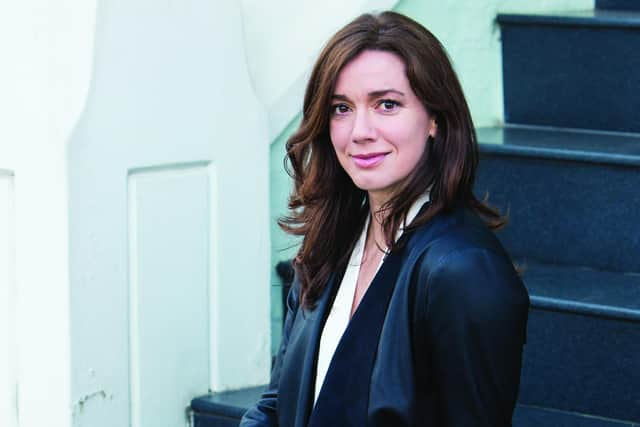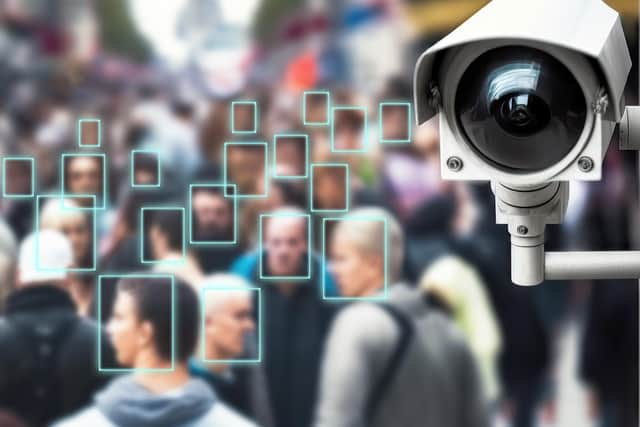Tech expert asks: Is UK becoming a surveillance state? And is TikTok stopping children reading?
Stephanie Hare voices her concerns about the different ways that technology and data are affecting our lives in a wide-ranging interview in We Begin As Data.
Hare, keynote speaker at The Scotsman's annual data conference on September 27th, also warns of the addictive power of tech platforms like TikTok and their potentially damaging long-term effect on young minds.
She says: "Friends with children told me their kids went from being big readers to suddenly not reading as soon as they got onTikTok. I don't want to single TikTok out, but it has a very good algorithm that keeps you addicted.


"We don't know what we're doing to young minds and it horrifies me because reading is a skill and a great way to learn about the world and empower yourself. The idea of dumbing our kids down freaks me out."
Hare talks about her own social media 'detox' and urges people to be aware of the power of smartphones if they want their lives to be less consumed by technology: "Your phone is in your hand all the time and packed with useful stuff. But it's really powerful. You could just start [by thinking] how often am I or my loved ones on our phone? Does it interfere with interactions? Are people going to bed on time, are they sleep-deprived? Are we reading or not?
"If this is in my life, it should be making my life better. If it isn't making my life better, I want it out. Just think about that, rather than being passive."
On the issue of the surveillance state, Hare says: “In the United Kingdom, there is a specific context around surveillance linked to the [historic] conflict with Irish Republicans. As a result, the UK has a tolerance for CCTV and surveillance that’s remarkable for people not from here,


"People have surveillance on their doorbells. There are surveillance cameras in pubs and bookshops. We think it helps fight shoplifting, keeps people safe, but it's a hop, skip and jump from that surveillance to being able to identify people using facial recognition technology. The next thing, you are living in a country, as we are, that has pubs keeping private watch lists they're sharing with the police, completely outside democratic control."
Before the pandemic, Hare says, Westminster's Science and Technology Committee called for a pause on facial recognition tools until a proper legislative framework was in place - but this has never happened.
"We are so walking down the path towards a surveillance state and it's like learned helplessness,” she says.
Hare insists that facial recognition technology tools are a real and present danger: "We know it doesn't work. It's not like, 'Oh, I wonder if it works. Let's commission some studies.’ We know this because many studies have been published showing it doesn';t work on people with darker skin. If you live in a democracy, you need tools that work on the whole population. If they don't, I think you just park it. We don't have to ban it, but we can have a moratorium."
At the root of greater surveillance is the ability to identify human beings in so many different ways: "Everybody knows about DNA and fingerprints in policing. But you can identify a human being based on their face, their voice, how they walk. There are even behavioural indicators of how people type or use their mouse pad - ways that you can tell that you are you, or part of a network, which you might use for crime-busting, or counterterrorism surveillance."
Hare said she had her 'We Begin As Data' lightbulb moment when she was swimming:
"I had all these different ways of thinking about data swimming around in my head, literally while I was swimming, and I started thinking I was overcomplicating this, because all life begins with data. It begins with DNA, with our genetic code, which you can use to identify anything and link and connect anything."
Book your free tickets for DataFutures, AIFutures, the annual conference presented by The Scotsman and Data Driven Innovation initiative, here